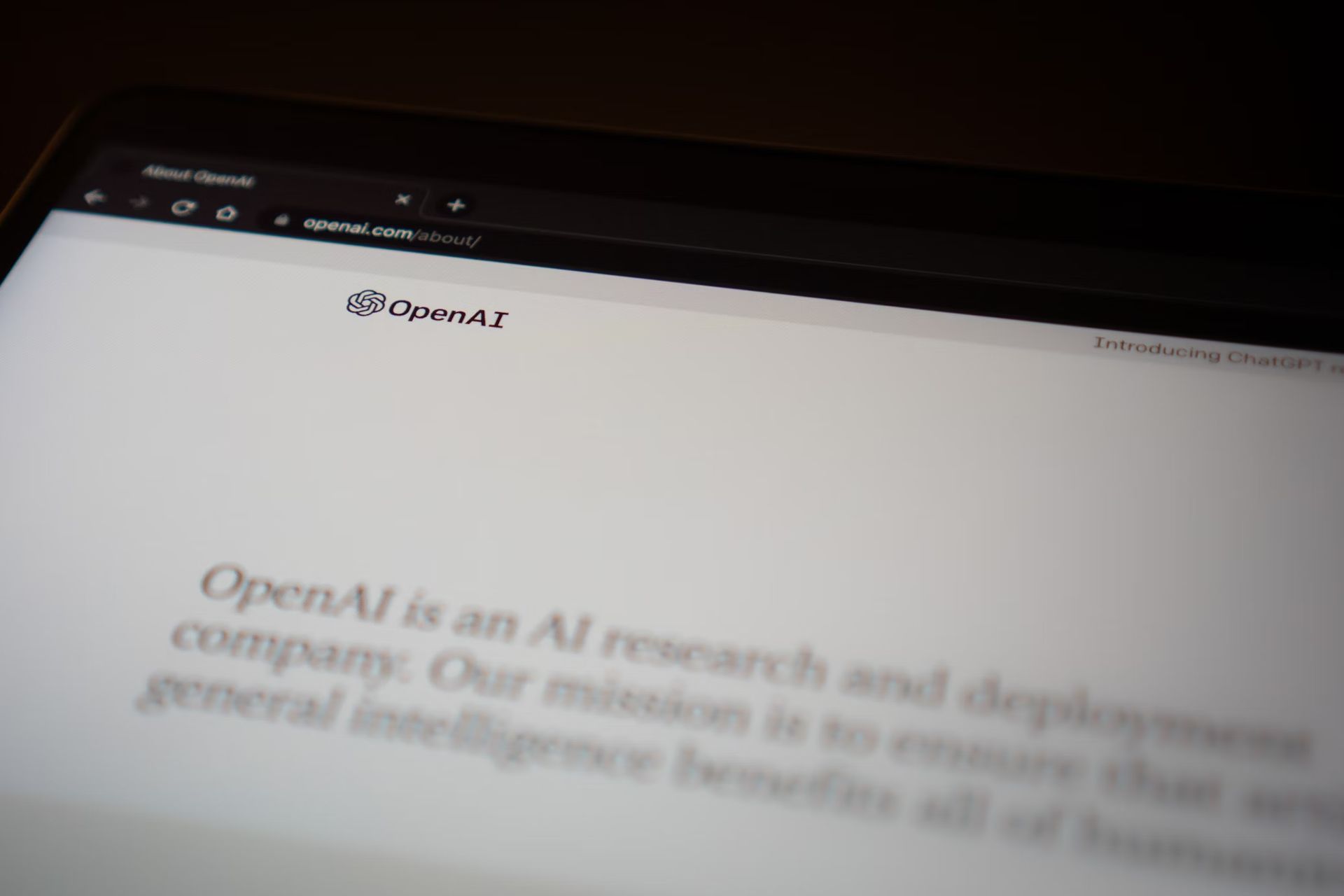OpenAI has added a significant asset to its domain portfolio by acquiring Chat.com, a well-established web domain originally registered in September 1996. This latest acquisition is part of OpenAI’s ongoing efforts to expand its brand and presence in the artificial intelligence space.
Sam Altman’s announcement on X
Sam Altman, CEO of OpenAI, announced the acquisition in a simple post on X (formerly Twitter), sharing just the URL “chat.com.” As of today, the domain now redirects visitors to OpenAI’s chatbot, ChatGPT. An OpenAI spokesperson confirmed the acquisition through an email statement.
The history of Chat.com dates back to 1996, making it one of the longstanding domain names on the web. Last year, Dharmesh Shah, co-founder and CTO of HubSpot, bought the domain for $15.5 million, positioning it among the most expensive domain sales on record. Shah announced in March that he had sold Chat.com to an undisclosed buyer, and late on Thursday, he confirmed that OpenAI was that buyer. Shah hinted that the transaction involved OpenAI shares as part of the compensation.
Although OpenAI has not revealed the exact amount paid for the acquisition, many predict the price exceeded $15 million, given the previous sale value and the high demand for premium domains in the AI sector. Shah’s posts on X and LinkedIn suggested a complex deal, possibly including a mix of cash and equity. He mentioned that he had always wanted to own shares in OpenAI, which aligns with the idea that the transaction included stock options.

OpenAI’s domain acquisition strategy
OpenAI’s acquisition of high-profile domain names is not a new strategy. Last year, the company acquired ai.com, which also redirects users to ChatGPT. However, ai.com briefly redirected to Elon Musk’s xAI earlier this year. The details of that switch remain unclear, leaving questions about whether Musk had acquired the domain or if the original owner was negotiating with multiple parties.
Currently, both Chat.com and ai.com redirect to OpenAI’s flagship AI chatbot, ChatGPT. The decision to acquire these domains underscores OpenAI’s push to make AI more accessible to users, positioning ChatGPT as the definitive conversational AI product online. While no rebranding has been confirmed, the move to consolidate these valuable domains hints at a broader branding effort to associate everyday terms like “chat” and “AI” with OpenAI’s services.
The acquisition has sparked discussions within the tech community, especially regarding the potential implications for OpenAI’s business strategy. Securing domains like Chat.com and ai.com allows OpenAI to strengthen its market presence and simplifies how users find its services. This strategy is consistent with the company’s efforts to lead the AI landscape by making its tools and services synonymous with common AI-related terminology.
Sam Altman’s low-key announcement on X gained significant attention, quickly amassing over three million views and thousands of likes. The post’s simplicity reflects OpenAI’s confidence in its brand and its approach to big announcements – letting the action speak for itself without extensive promotion.

Dharmesh Shah’s role in the sale
Dharmesh Shah’s involvement in the sale also attracted interest. In a detailed post, Shah described how he acquired the domain last year and his reasons for selling it. He hinted at a friendly relationship with OpenAI, suggesting that the terms of the deal were favorable beyond just the monetary aspect. Shah noted that he doesn’t typically profit from transactions involving friends, adding to speculation that he may have accepted a lower price in exchange for shares in OpenAI.
This latest acquisition also highlights the competitive nature of securing high-value domains within the AI industry. Premium domains like Chat.com are valuable assets that can significantly impact branding, user acquisition, and visibility. By acquiring Chat.com, OpenAI not only gains a premium web address but also removes a potential asset from competitors who might want to use it for similar AI chatbot services.
Featured image credit: Kerem Gülen/Ideogram





